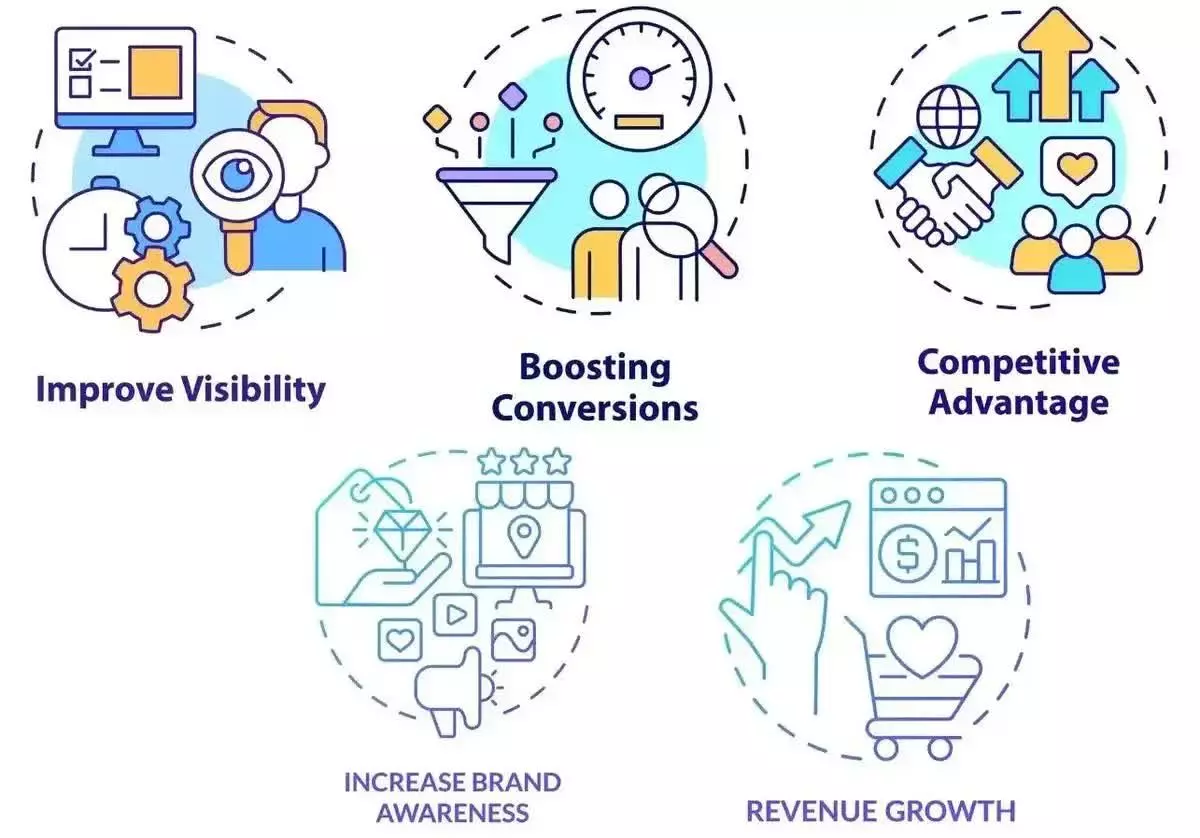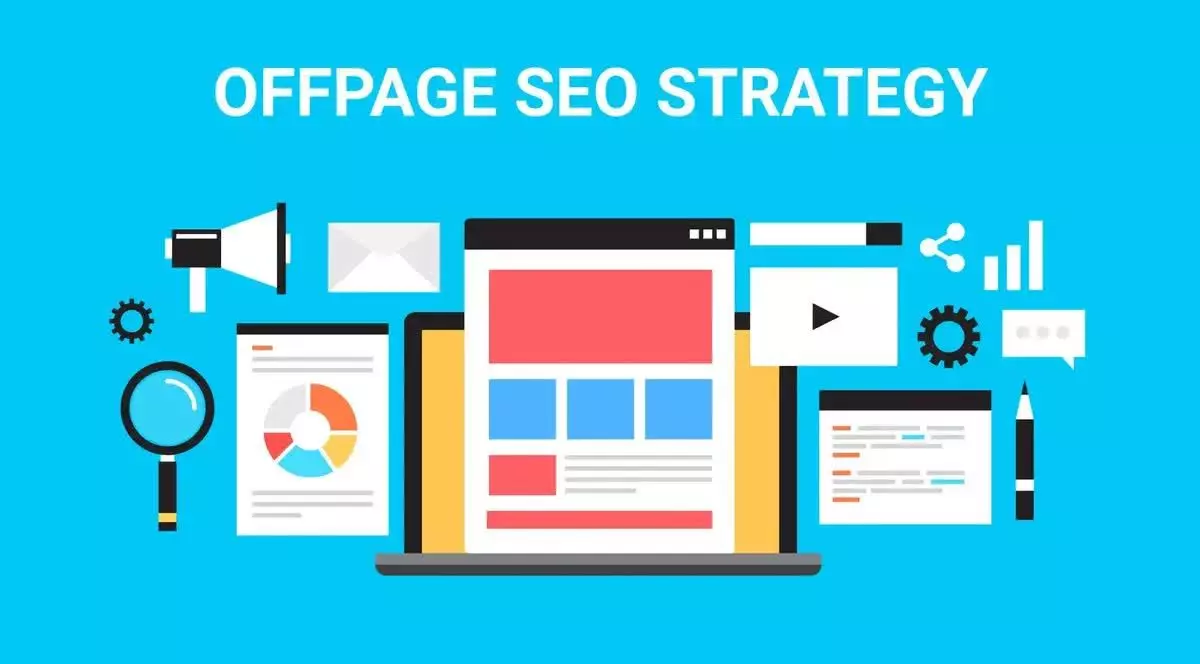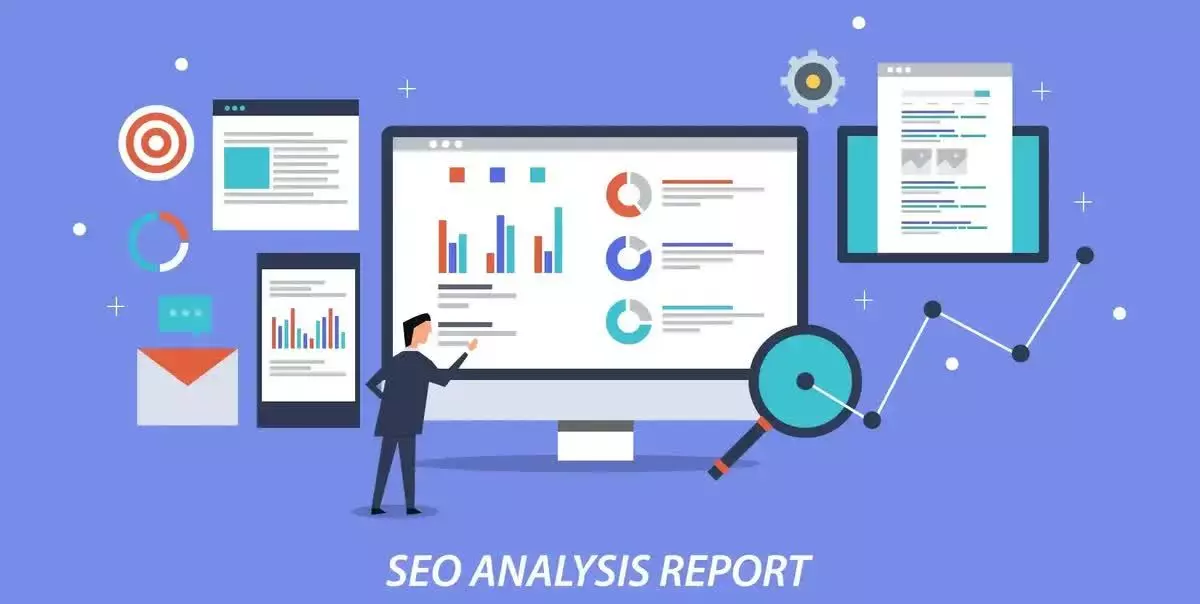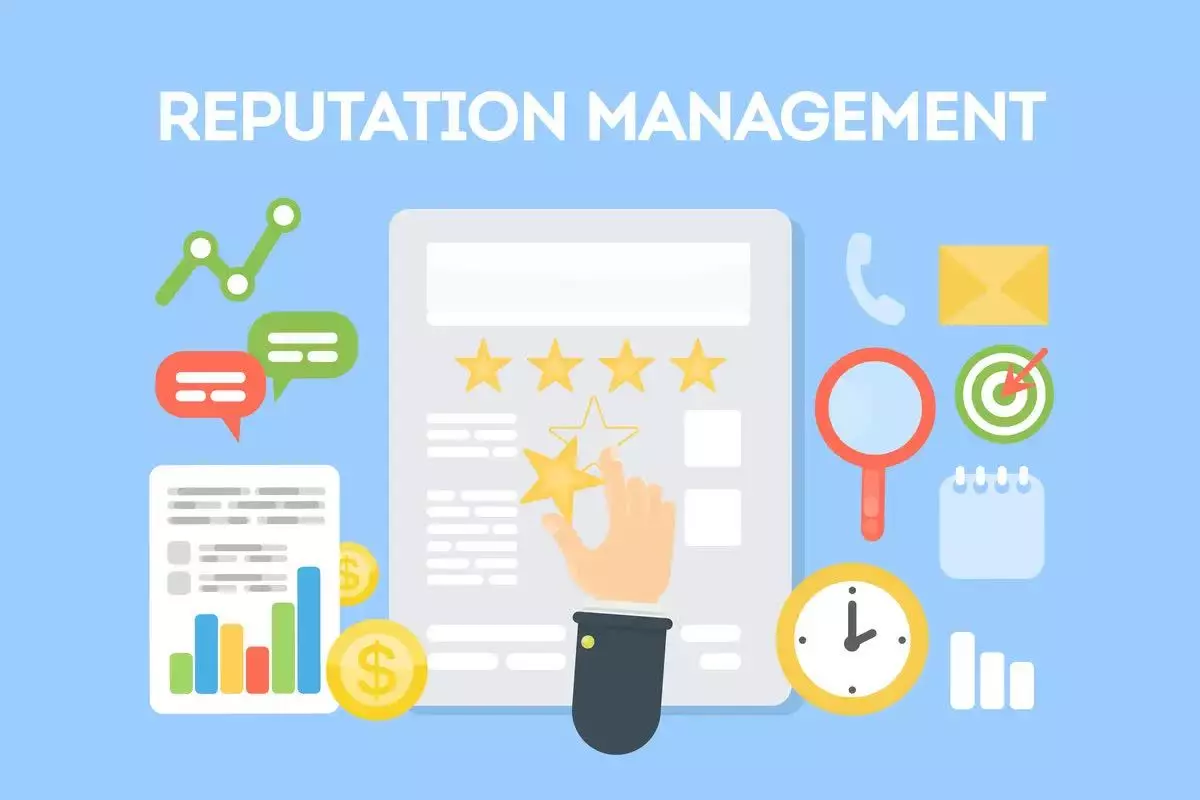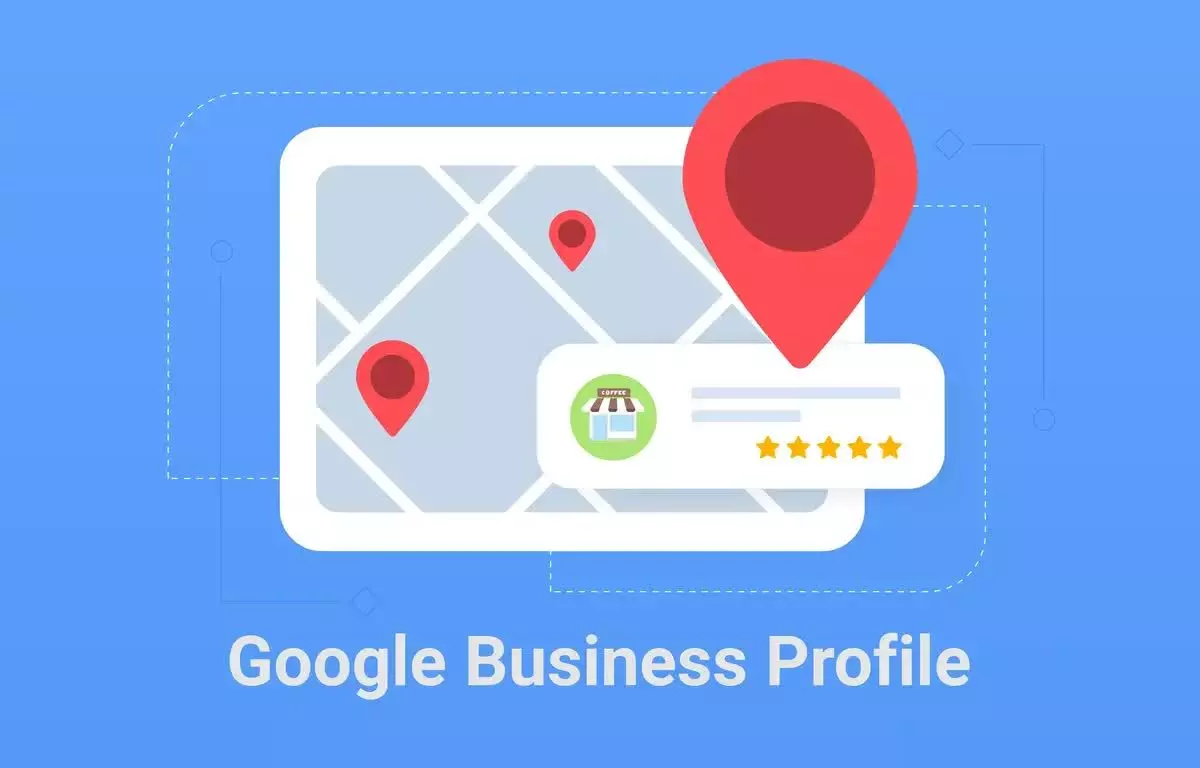Introduction
Local SEO plays a crucial role in the success of small businesses, especially in today’s digitally-driven world. In this comprehensive guide, we’ll delve into the intricacies of local SEO, its key components, and why it’s essential for small businesses. Additionally, we’ll explore how partnering with an SEO agency can elevate your local SEO efforts to new heights.
Overview of Local SEO
Local SEO focuses on optimizing a business’s online presence to attract more customers from relevant local searches. It involves various strategies tailored to enhance visibility in local search results, such as Google Maps and local listings.
Introduction to Local SEO
Local SEO aims to bridge the gap between online searches and physical visits to local businesses. By optimizing for local intent, businesses can effectively connect with their target audience and drive foot traffic to their stores.
Preview of Agency Assistance
Partnering with a reputable SEO agency can provide small businesses with the expertise and resources needed to navigate the complexities of local SEO successfully. From strategy development to implementation and monitoring, an agency can offer comprehensive support throughout the entire process.
What is Local SEO?
Local SEO refers to the process of optimizing a business’s online presence to attract more customers from relevant local searches. It involves optimizing various aspects of a website, including on-page elements, content, and off-page factors, to improve its visibility in local search results.
Importance of Local SEO
For small businesses, local SEO is paramount for attracting nearby customers who are actively searching for products or services in their area. By appearing prominently in local search results, businesses can increase their online visibility, drive website traffic, and ultimately boost sales.
Distinction from Traditional SEO
While traditional SEO focuses on improving a website’s visibility on a global scale, local SEO targets specific geographic regions or areas. It involves optimizing for location-based keywords, creating local business listings, and cultivating positive reviews from local customers.
Key Components of Local SEO
Google Business Profile Optimization
Google Business Profile (GBP) formerly known as Google My Business (GMB) is a powerful tool for local businesses to manage their online presence on Google. Optimizing your GBP can significantly impact your local search visibility and attract more customers to your business.
Importance of GBP
A well-optimized GBP increases your chances of appearing in Google’s local pack, knowledge panel, and maps results. It provides essential information about your business, such as your address, phone number, business hours, and customer reviews.
Tips for Optimization
Ensure that your GBP is complete and accurate, including relevant keywords in your business description, selecting the appropriate categories, and uploading high-quality photos of your business.
Accuracy of Business Information
Consistency is key when it comes to your business’s NAP (Name, Address, Phone Number) information across all online platforms. Any discrepancies can negatively impact your local SEO efforts and confuse potential customers.
Local Keyword Research
Local keyword research involves identifying and targeting keywords that are relevant to your business and location. By understanding the search intent of local users, you can optimize your content to align with their needs and preferences.
Understanding Search Intent
Researching local search queries allows you to gain insights into what potential customers are looking for. Whether they’re seeking specific products, services, or information, understanding their intent can help you tailor your content accordingly.
Tools and Techniques
Utilize keyword research tools such as Google Keyword Planner, SEMrush, or Ahrefs to identify relevant local keywords with high search volume and low competition. Additionally, analyzes local search trends and user behaviour to uncover valuable insights.
Targeting Local Keywords
Incorporate local keywords naturally into your website content, meta tags, headings, and URLs to signal to search engines that your business is relevant to local searches. Focus on long-tail keywords that include specific locations or phrases commonly used by local customers.
On-Page SEO for Local Search
On-page SEO involves optimizing various elements of your website to improve its visibility and relevance in search engine results. When it comes to local SEO, optimizing your website’s content and structure is crucial for attracting local customers.
Optimizing Website Content
Create high-quality, informative content that addresses the needs and interests of your target audience. Incorporate local keywords strategically throughout your website, including in page titles, headings, meta descriptions, and body content.
Tips for Tags and Headers
Use descriptive title tags and meta descriptions that include relevant keywords and location information. Structure your content with clear headings (H1, H2, H3) to improve readability and help search engines understand the context of your pages.
Including Local Information
Integrate location-specific details into your website, such as your business address, phone number, and directions. Embed Google Maps on your site to make it easy for visitors to find your physical location.
Local Link Building
Link building plays a crucial role in improving your website’s authority and credibility in the eyes of search engines. In the context of local SEO, building local backlinks from reputable sources can significantly enhance your local search visibility.
Importance of Local Backlinks
Local backlinks from relevant websites signal to search engines that your business is trusted and authoritative within your local community. They also help establish connections with other local businesses and organizations, further enhancing your online presence.
Strategies for Acquisition
Reach out to local businesses, organizations, and influencers within your community to build mutually beneficial relationships and opportunities for collaboration. Offer to contribute guest posts, sponsor local events, or participate in community initiatives to earn valuable backlinks.
Relevance and Authority
Focus on acquiring backlinks from websites that are relevant to your industry and location. Local directories, industry associations, local news websites, and community blogs are excellent sources of authoritative backlinks for local businesses.
Online Reviews and Reputation Management
Online reviews play a significant role in influencing consumer purchasing decisions and can directly impact your local search rankings. Managing your online reputation and generating positive reviews is essential for building trust and credibility with potential customers.
Impact on Rankings
Positive reviews can improve your business’s visibility and rankings in local search results, while negative reviews can have the opposite effect. Encourage satisfied customers to leave reviews on platforms like Google My Business, Yelp, and Facebook to showcase your business’s reputation.
Generating Positive Reviews
Provide exceptional products, services, and customer experiences to encourage customers to leave positive reviews organically. Prompt satisfied customers to leave reviews by sending follow-up emails, displaying review prompts on your website, or offering incentives for feedback.
Managing Online Reputation
Monitor online reviews and promptly respond to both positive and negative feedback. Addressing customer concerns and resolving issues publicly demonstrates your commitment to customer satisfaction and can turn negative experiences into positive outcomes.
Benefits of Hiring an SEO Agency for Local SEO
Partnering with an experienced SEO agency can provide small businesses with numerous benefits, including expertise, efficiency, customized strategies, and access to advanced tools and technology.
Expertise and Experience
SEO agencies specialize in optimizing websites for search engines and have extensive experience working with businesses of all sizes and industries. They possess the knowledge and skills needed to develop effective local SEO strategies and achieve measurable results.
Overview of Agency Expertise
SEO agencies employ professionals with diverse skill sets, including SEO specialists, content writers, web developers, and digital marketers. Their collective expertise allows them to tackle various aspects of local SEO and deliver comprehensive solutions tailored to each client’s unique needs.
Importance of Staying Updated
The field of SEO is constantly evolving, with search engines regularly updating their algorithms and ranking factors. SEO agencies stay abreast of industry trends, algorithm changes, and best practices to ensure their clients remain competitive in the ever-changing landscape of search engine optimization.
Examples of Successful Campaigns
SEO agencies have a proven track record of success, with numerous case studies and testimonials showcasing their ability to drive results for their clients. From increasing website traffic and rankings to generating leads and conversions, agencies have helped countless businesses achieve their goals through strategic SEO campaigns.
Time and Resource Efficiency
Small businesses often have limited time and resources to dedicate to their marketing efforts. Outsourcing their SEO needs to an agency allows them to focus on running their business while experts handle the intricacies of local SEO on their behalf.
Challenges Faced by Small Businesses
Managing SEO in-house can be challenging for small businesses, especially those with limited marketing budgets and personnel. Without the necessary expertise and resources, they may struggle to compete with larger competitors and achieve meaningful results from their SEO efforts.
Benefits of Outsourcing
By outsourcing their SEO to an agency, small businesses can tap into a wealth of resources and expertise that would otherwise be inaccessible to them. Agencies offer a cost-effective solution for businesses looking to improve their online visibility and attract more customers through organic search.
Examples of Streamlined Processes
SEO agencies have established processes and workflows in place to streamline the implementation and management of local SEO campaigns. From conducting initial audits and keyword research to ongoing monitoring and optimization, agencies ensure that every aspect of their client’s SEO strategy is executed efficiently and effectively.
Customized Strategies
One of the primary advantages of working with an SEO agency is the ability to receive customized strategies tailored to your business goals and objectives. Agencies take the time to understand their client’s unique needs and develop personalized SEO plans designed to achieve optimal results.
Tailored to Business Goals
Whether your goal is to increase website traffic, generate more leads, or boost online sales, an SEO agency can align its strategies with your specific business objectives. They’ll work closely with you to develop a roadmap for success and continuously optimize your campaign to deliver measurable results.
Creation of Customized Strategies
SEO agencies conduct thorough research and analysis to identify the most effective tactics and channels for reaching your target audience. They’ll leverage their expertise to craft tailored strategies that maximize your online visibility and drive qualified traffic to your website.
Case Studies of Effectiveness
Many SEO agencies have a portfolio of successful case studies highlighting their ability to deliver tangible results for their clients. These case studies demonstrate the efficacy of their strategies and provide proof of concept for businesses considering partnering with an agency for their SEO needs.
Access to Tools and Technology
SEO agencies invest in advanced tools and technology to enhance their capabilities and deliver superior results for their clients. By partnering with an agency, small businesses gain access to these tools and benefit from their expertise in leveraging technology to drive SEO success.
Specialized Tools and Technology
From keyword research and competitor analysis to performance tracking and reporting, SEO agencies utilize a variety of tools and software to execute their strategies and monitor results. These tools provide valuable insights into search trends, user behaviour, and competitor activity, allowing agencies to make data-driven decisions and optimize their clients’ campaigns accordingly.
Importance of Advanced Tools
SEO is a data-driven discipline that requires access to advanced tools and technology to stay competitive. By leveraging cutting-edge tools and analytics platforms, agencies can uncover hidden opportunities, identify areas for improvement, and track the effectiveness of their strategies with precision.
Examples of Leveraging Technology
SEO agencies harness the power of technology to automate repetitive tasks, streamline processes, and deliver actionable insights to their clients. Whether it’s optimizing website performance, conducting keyword research, or monitoring backlink profiles, agencies leverage technology to enhance their efficiency and effectiveness.
Choosing the Right SEO Agency
Selecting the right SEO agency is a crucial decision that can significantly impact the success of your local SEO efforts. Consider the following factors when evaluating potential agencies:
Assessing Experience and Track Record
When choosing an SEO agency, look for a proven track record of success in delivering results for clients in your industry or niche. Consider factors such as the agency’s years of experience, client testimonials, case studies, and portfolio of past work.
Factors to Consider
Evaluate the agency’s expertise in local SEO specifically, as well as their understanding of your target market and industry dynamics. Look for certifications, awards, and industry recognition that demonstrate their credibility and proficiency in SEO.
Reviewing Past Success
Request examples of successful campaigns the agency has executed for similar clients and industries. Review their performance metrics, such as organic traffic growth, keyword rankings, and conversion rates, to gauge their effectiveness in driving tangible results.
Questions to Ask
Ask the agency about their approach to local SEO, the strategies they recommend for your business, and the expected timeline for achieving results. Inquire about their communication process, reporting frequency, and how they measure success.
Transparency and Communication
Effective communication and transparency are essential for a successful partnership between a business and its SEO agency. Look for an agency that prioritizes open and honest communication and provides regular updates on the progress of your campaign.
Importance of Transparent Communication
Clear communication helps ensure that both parties are aligned on goals, expectations, and timelines. An SEO agency should be transparent about their strategies, tactics, and any changes made to your website or campaign to maintain trust and accountability.
Questions Regarding Reporting
Inquire about the agency’s reporting process and the key performance indicators (KPIs) they track to measure success. Ask for sample reports or templates to understand how they present data and analyze campaign performance.
Examples of Effective Communication
Choose an agency that offers multiple channels for communication, such as email, phone calls, and in-person meetings. Establish regular check-ins and updates to discuss progress, address any concerns, and make adjustments to your SEO strategy as needed.
Alignment with Business Goals and Values
Look for an SEO agency that aligns with your business goals, values, and company culture. A strong alignment ensures that the agency understands your brand identity, target audience, and overarching objectives when developing your SEO strategy.
Importance of Alignment
A shared vision and alignment of goals facilitate collaboration and foster a productive working relationship between your business and the SEO agency. It allows the agency to tailor their strategies to meet your specific needs and preferences effectively.
Questions for Ensuring Alignment
Discuss your business objectives, target audience, and competitive landscape with the agency to ensure they have a clear understanding of your goals and priorities. Ask how they plan to integrate your brand voice, messaging, and values into their SEO efforts.
Examples of Prioritizing Collaboration
Choose an agency that values collaboration and encourages input from your team throughout the planning and execution of your SEO campaign. Look for opportunities to share insights, provide feedback, and participate in strategy sessions to maximize the effectiveness of your partnership.
Budget and Pricing
When selecting an SEO agency, consider your budget constraints and the value proposition offered by each agency. While cost is an important factor, prioritize the quality of service and potential return on investment (ROI) when making your decision.
Factors to Consider
Evaluate the agency’s pricing structure, payment terms, and any additional fees or expenses associated with their services. Compare quotes from multiple agencies and consider the long-term benefits and ROI of investing in a comprehensive SEO strategy.
Understanding Pricing
SEO pricing can vary significantly depending on the scope of services, level of expertise, and the competitiveness of your industry. Beware of agencies that offer excessively low prices or guarantee instant results, as these may indicate low-quality or black-hat SEO practices.
Tips for Negotiating
Negotiate a pricing package that aligns with your budget and objectives while ensuring that the agency’s services meet your needs and expectations. Be transparent about your budget constraints and priorities to facilitate an open and honest discussion with the agency.
Conclusion
In conclusion, local SEO is a vital component of any small business’s digital marketing strategy. By optimizing their online presence for local search, businesses can attract more customers, increase foot traffic to their stores, and outperform competitors in their area.
Partnering with an experienced SEO agency can amplify the effectiveness of your local SEO efforts and drive measurable results for your business. From expert guidance and customized strategies to access to advanced tools and technology, an agency can provide the resources and expertise needed to succeed in today’s competitive online landscape.
When selecting an SEO agency, prioritize factors such as experience, transparency, communication, alignment with your business goals, and budget considerations. By choosing the right agency and cultivating a collaborative partnership, you can unlock the full potential of local SEO and achieve sustainable growth for your small business.
Ready to take your local SEO to the next level? Contact us today to learn how our experienced team of SEO professionals can help drive more traffic, leads, and sales to your small business through strategic local SEO strategies. Let’s work together to elevate your online presence and achieve your business goals!
 Singapore
Singapore  Singapore
Singapore Malaysia
Malaysia









